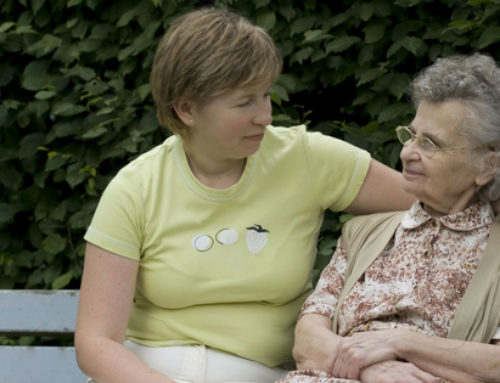Many people find themselves as a family caretaker for an elderly loved one at some point in their lives. They are often not paid anything for this care, which may not be an issue initially. However, if this situation lasts for years, it can affect the care recipient’s ability to receive Medicaid assistance.
If a family member is no longer able to provide the care, but professional care is out of the loved one’s price range, many people assume the person can fall back on Medicaid. But if the person needing care has too much in assets (usually more than $2,000 is the rule of thumb), they must reduce the excess assets to qualify for long-term care cost assistance through Medicaid.
At this point, it would seem the logical thing to do would be to pay the former caregiver for their previous help. That person is reimbursed for their time and efforts, and the loved one now meets the asset requirement. Unfortunately, Medicaid disallows any such gifting within a period of five years prior to the person’s application for aid. That means the person faces a lengthy penalty period before he is eligible for assistance.
It may seem as though there is no way to get the help your loved one needs from Medicaid and also compensate a caregiver. However, there is a way to accomplish both: the personal care agreement. If both parties are going to receive the assistance and reimbursement they deserve, personal care agreements are a must.
What Is a Personal Care Agreement?
A personal care agreement is a contract between a person in need of care and a person who provides care services for compensation. Although the most common agreements are between a parent and child, agreements can be for friends, other family members and even private caregivers.
What Do You Need to Know about Making an Agreement?
To avoid the exchange of money for services being ruled by Medicaid as a gift, the agreement must have specific information and follow precise rules.
- The agreement must be set in writing before any delivery of care services takes place.
- Personal care agreements must specify the services included and excluded for compensation purposes. Examples include preparing/serving meals, running errands and housework.
- To be legal and binding, it must be signed by the care recipient as well as the person who will be performing the care services. A recipient who is unable to sign because of mental incapacity may have their power of attorney sign for them.
- Every signature on the agreement has to be notarized during the signing.
- The personal care agreement must have a date giving the duration of the contract.
- The agreement must explicitly state the rates for the services, and the rates must be comparable to those charged by a professional commercial care provider who provides services in the same local area as the care patient.
Another essential point is that the caregiver must keep accurate and detailed records. These records must include the date and a list of services for that day, in addition to a log for all payments received. It serves as proof to Medicaid that services were legally provided and necessary for care, and not that the money was given away simply to receive care paid for by Medicaid. An attorney for estate planning can assist you with creating a personal care agreement.








[…] post Why Personal Care Agreements are a Must appeared first on The Stano Law […]